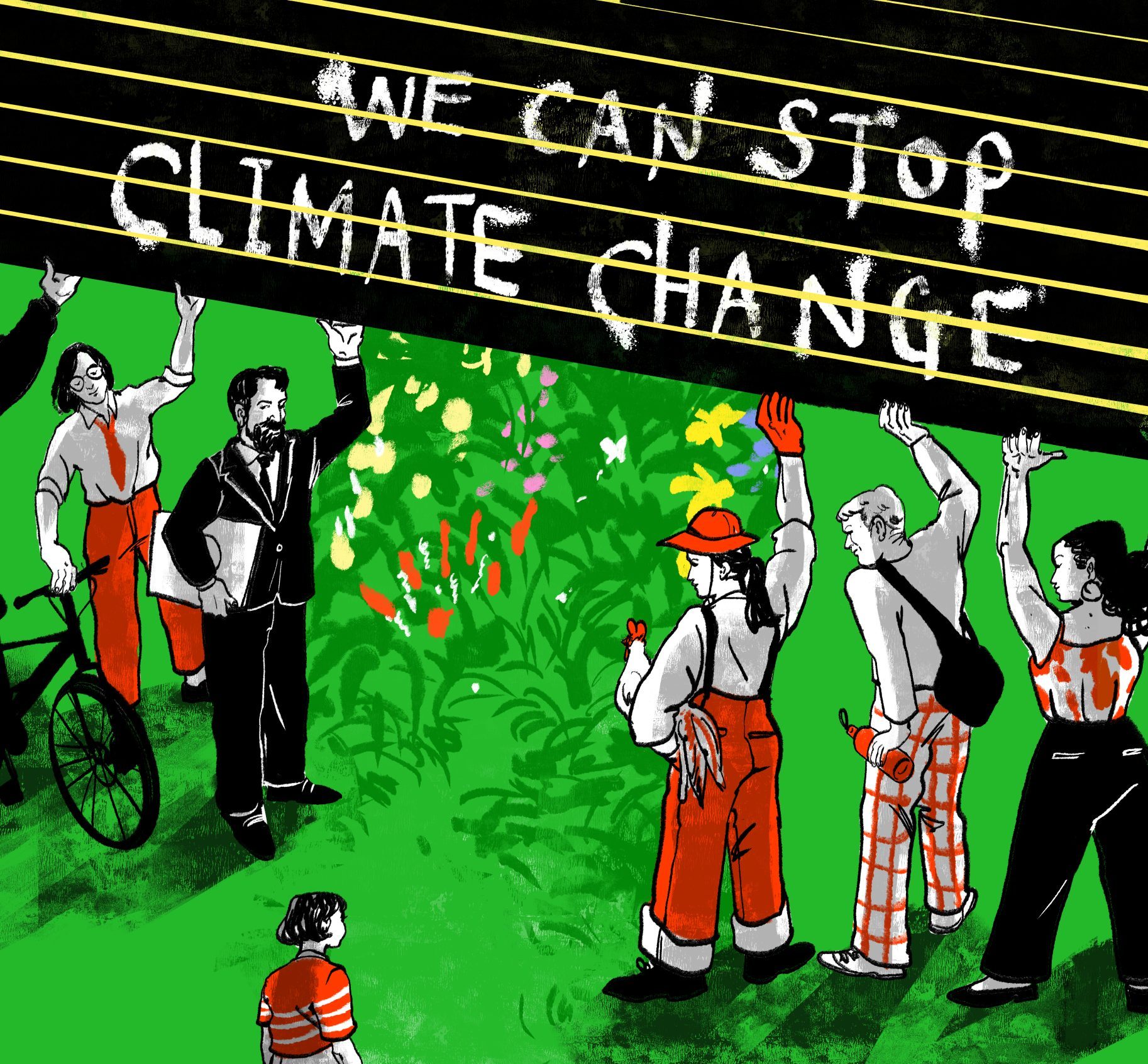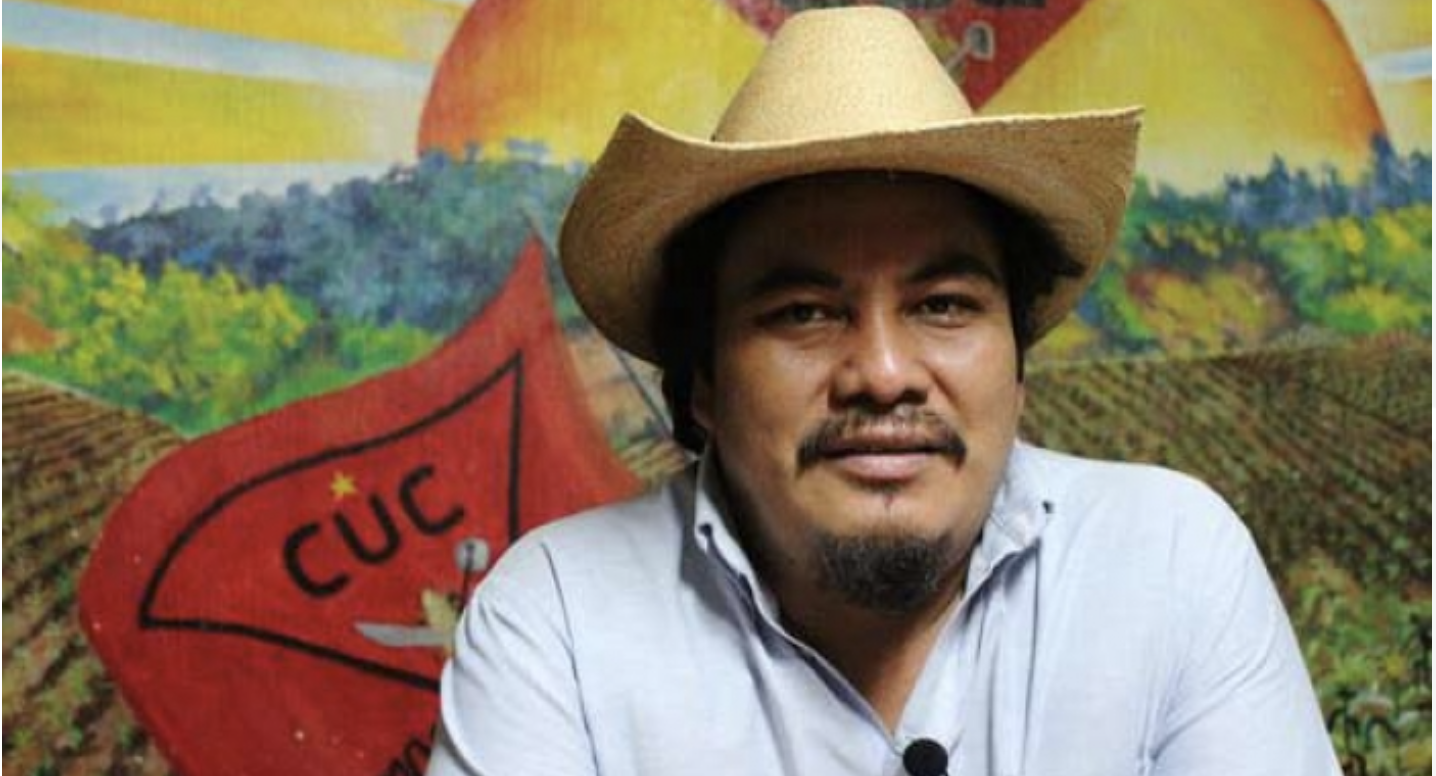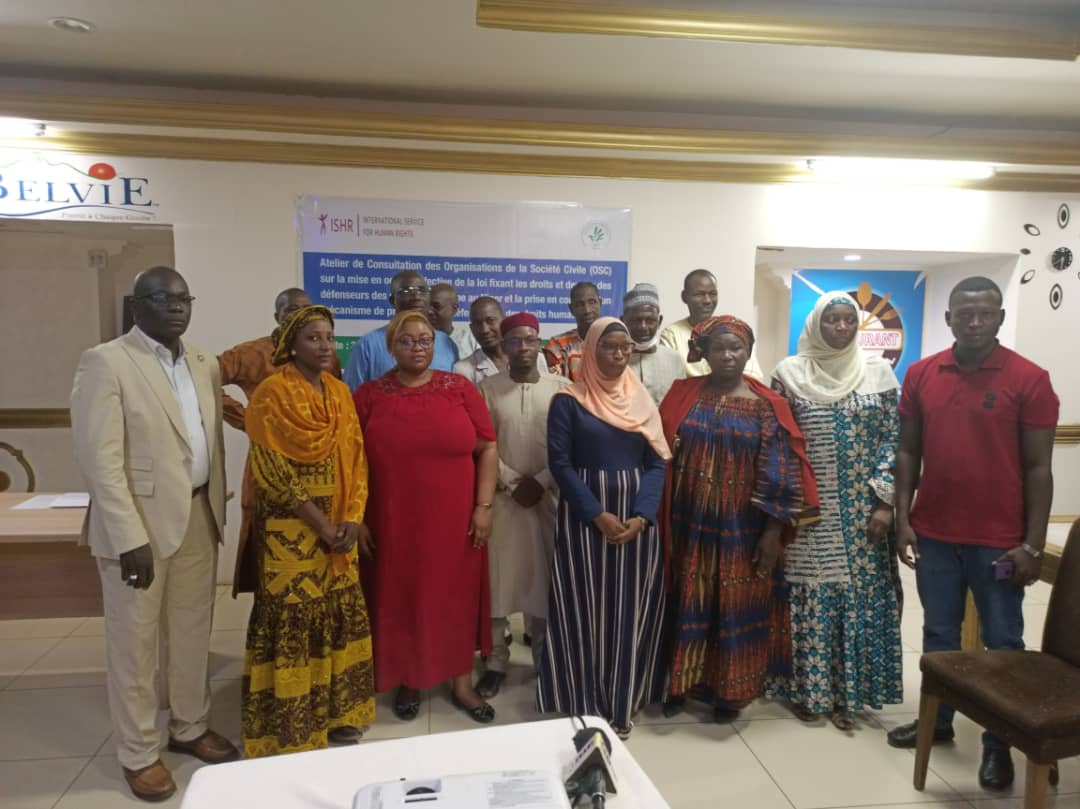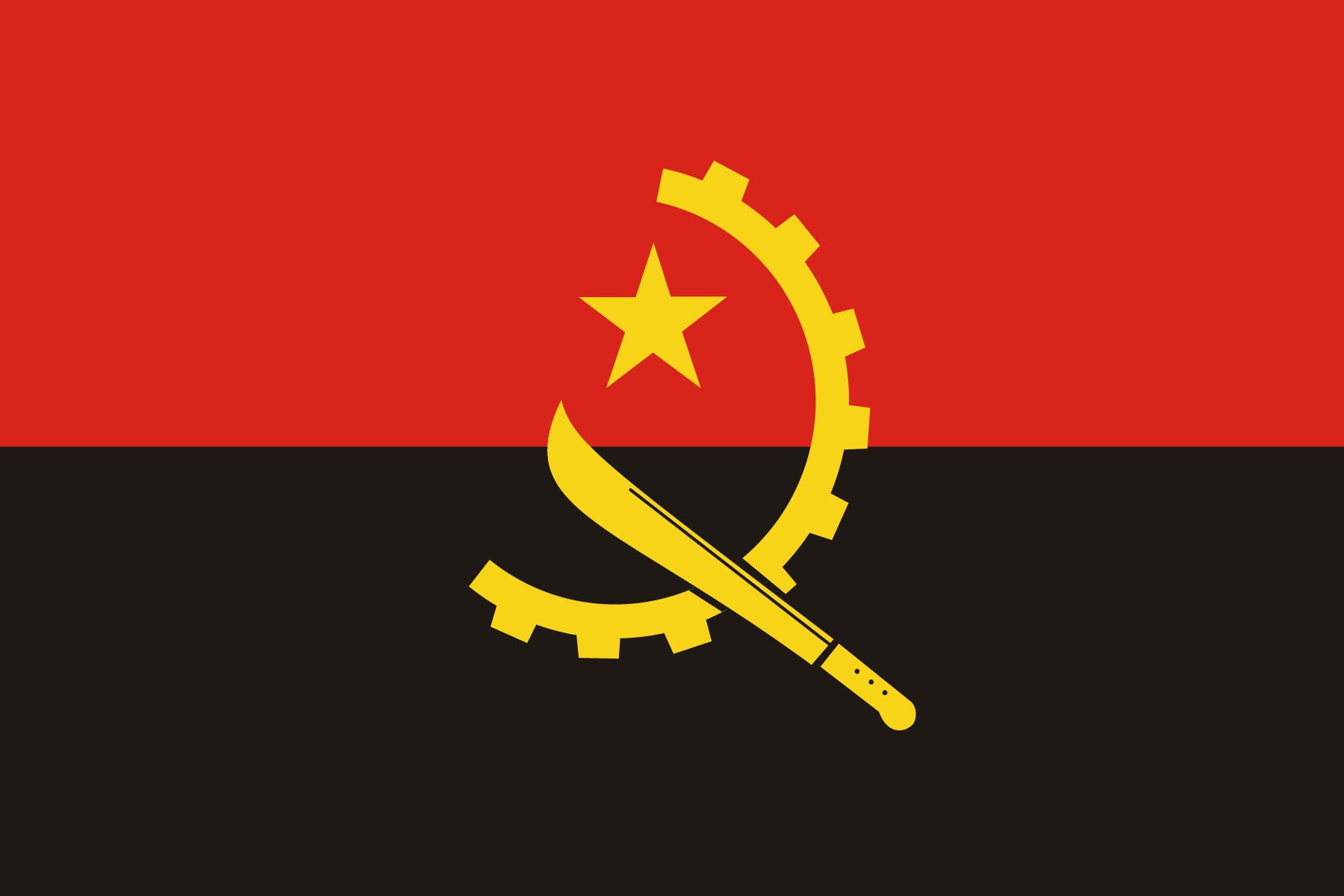Para leer este artículo en español, haga click aquí.
UPDATE: On 21 June, 2021, the Fourth Chamber of Appeals of the Criminal Branch rejected the appeal of Pascual’s acquittal.
Ronaldo Ernesto Galeano, part of Pascual’s defence team, celebrated the decision: ‘Pascual has become a recognised defender of the rights of indigenous communities and nature. This process sought to silence and make an example of him. However, his victory reaffirms that the right to freedom of expression is vital for the pursuit of democracy. While history tells us that actions will continue to be taken to silence defenders, the fight for territory, for transparency and justice will also.’
– Original story follows –
In 2013, Maya K’iche human rights defender Daniel Pascual spoke out publicly against the widespread attacks against, and intimidation of, those defending the right to land in Guatemala. In doing so, he denounced attempts by Ricardo Méndez Ruiz,founder of the Foundation against Terrorism, an organisation aimed at promoting a pro-military perspective of Guatemala’s violent history,[1] to discredit and undermine his work defending land rights as the Coordinator for the grassroots organisationComité de Unidad Campesina (CUC).
In response, Ruiz pressed charges against Pascual. Since then, Pascual has been fighting criminal charges of libel, defamation and slander that sought to silence his advocacy. On 21 February 2020, the Criminal Court finally acquitted Pascual.
In 2016, the Guatemalan Constitutional Court issued an interim injunction that temporarily suspended the criminal proceedings. When Ruiz appealed the injunction, ISHR filed an intervention that urged the Constitutional Court to consider Pascual’s case within the context of:
The Constitutional Court ultimately dropped the suspension, allowing criminal proceedings against Pascual to resume. However, in a welcome move, the Criminal Court stressed it was crucial that it consider international standards on the right to freedom of speech.
The Criminal Court concluded that Pascual had not committed any crime, but had simply exercised his right to freedom of speech as enshrined in the Universal Declaration of Human Rights, the CCPR, the American Convention on Human Rights, and the Declaration of Principles on Freedom of Expression.
‘The Court’s reliance on these regional and international human rights instruments sends a powerful message that national governments and courts must respect international human rights standards,’ said ISHR Programme Manager and Legal Counsel Tess McEvoy.
In welcoming this long awaited decision, Ronaldo Galeano, one of Pascual’s lawyers noted that ‘the decision reflects that the accusations were unfounded and aimed at silencing the voice of a person representing the voices of indigenous and rural communities.’
Guatemala has long been a hostile environment for human rights defenders. Recently, however, Guatemala’s Constitutional Court struck down proposed legislation that would have severely restricted the rights to freedom of assembly and association. According to McEvoy, ‘in this context, we hope that Pascual’s acquittal provides grounds for cautious optimism about the willingness of Guatemala’s judicial system to defend international human rights standards in the face of attempts to restrict fundamental rights of human rights defenders.’
[1]A United Nations Truth Commission found the Guatemalan military had committed acts of genocide against Mayan Guatemalans during the country’s 36-year civil war that ended in 1996.




